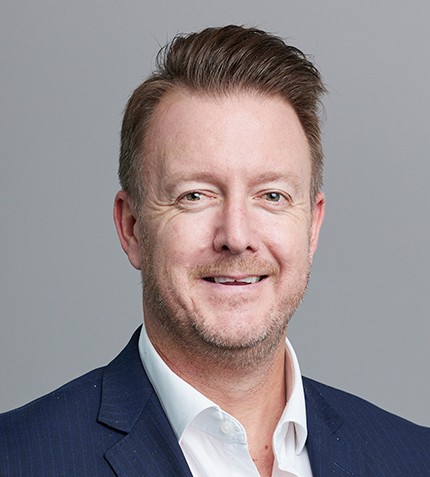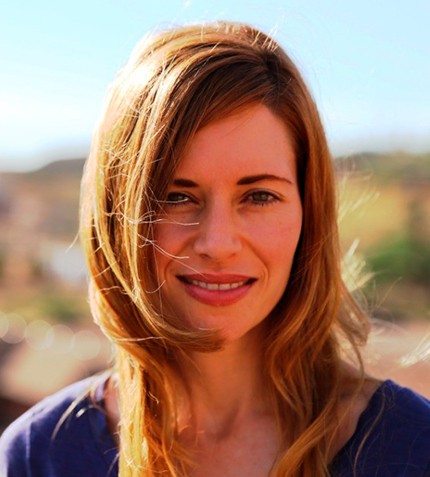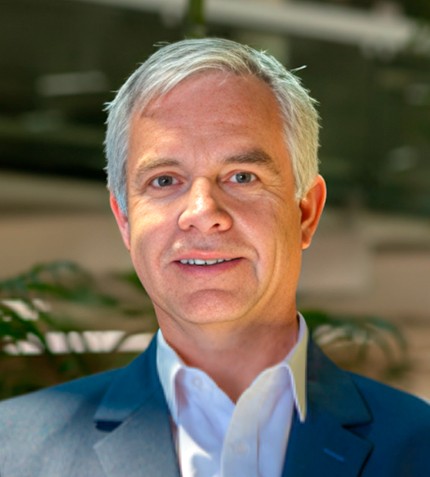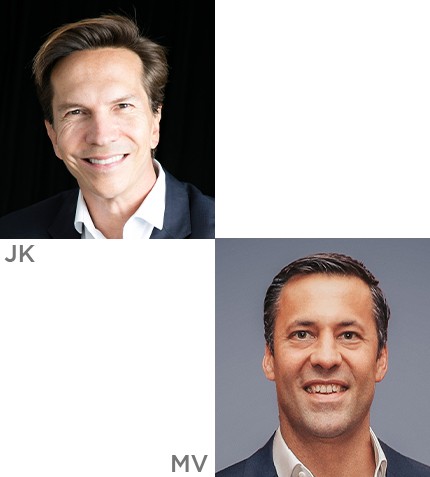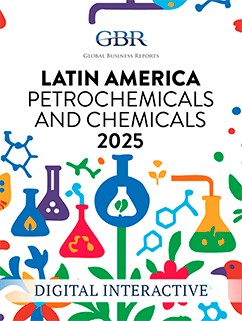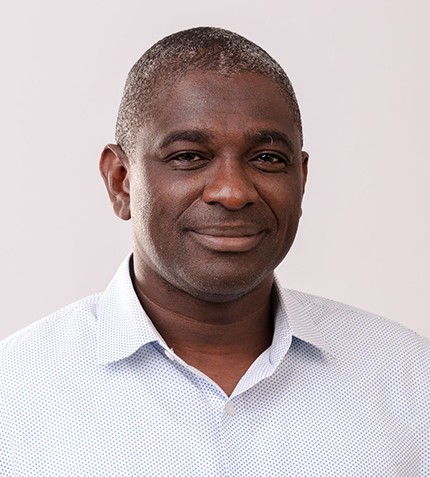
"Our strategy is to enter the Sahelian countries with a combination of renewable energy and trucked LNG from Ghana."
Baafour Asiamah-Adjei
CEO AND FOUNDER, GENSER ENERGY
Could you briefly introduce Genser Energy?
Genser is a 14-years-old energy company offering two products, electricity and natural gas used as fuel or heat source. Ghana has been the heartland of our operations, but we are expanding into the Sahelian region starting with Guinea, Burkina Faso and Mali. Our mission is to realize the transition to lower GHG emissions and, ultimately, to achieve carbon neutrality.
Could you share some recent projects you have worked on?
Over the past two years and in the midst of the pandemic, we built three significant projects in Ghana. These include a 240 km gas pipeline network, a power plant for Golden Star’s Wassa underground mine, and one for Perseus’s Edikan gold mine. At the moment, our focus is on two projects: A pipeline extension to Ghana’s second-largest city, Kumasi, which will contribute not only to Ghana’s power stability but to West Africa’s electricity, given that Ghana exports energy to neighboring countries. The second project is a gas processing and liquefaction plant with sufficient capacity to replace the entire gas flared in Ghana. The LNG can then be trucked to Burkina Faso, Mali or Ivory Coast to reduce the use of heavy fuel oil (HFO).
What is the significance of your recent contract with Orezone for the Bomboré mine in Burkina Faso?
Our strategy is to enter the Sahelian countries with a combination of renewable energy and trucked LNG from Ghana. In this way, we want to provide countries like Burkina Faso the opportunity to reduce energy generation costs and cut back on their carbon dioxide and sulfurdioxide emissions. Having gold mines as foundational customers in LNG infrastructure also enables the country to industrialize. For instance, rather than building a straight-line gas network in Ghana, we routed the pipeline so that different industries and mining sites can utilize the line, today or in 10 years.
Could you explain Ghana’s energy landscape and what is the market need for LNG and additional, alternative sources?
The country has done a good job offering electricity coverage to about 85% of the population, but the quality and reliability of this electricity is poor except for Accra and other coastal cities. The same goes for gas. Ghana’s energy surplus is only apparent.
How do you find West Africa’s reception of lower-carbon energy sources?
Clients want reliable and affordable energy. Once this is achieved (which can be a luxury in itself, sometimes), the customer will search for clean, reliable, fast and affordable energy. In Africa renewable energy is not competing against an entrenched interest, we see plenty of opportunity for a country like Burkina Faso which relies on very expensive and very dirty imported HFO. In this scenario, cheap and reliable solar PVs are ideal. Contrary to what it may seem, West African clients are very keen on clean energy after they realize this is both reliable and cheaper. A case in point is the Burkinabe government insisted Genser Energy enters a JV with the national power company to supply LNG to the national grid as part of our permit.
How is Genser Energy contributing to local development?
We approach the community not just as stakeholders, but also as shareholders. As part of what we like to call the “community permit,” we want to empower the community to invest according to their own needs. We have created a trust fund with our contributions and we also match dollar per dollar for each socially-driven investment by the host community. Moreover, 90% of our staff are local citizens, and we select the next leaders by recruiting first year university students. Today, our business is run by senior managers recruited back in 2007-2008, an initiative we want to also bring in Burkina Faso.
Do you have a final message to share with our audience?
I find our high retention rate and our team’s genuine desire to stay with us long-term the most heart-warming aspect about Genser’s culture. As we build on the last 14 years and expand throughout West Africa, we recently took the step of establishing a new HQ in Washington DC. In doing so, we look forward to connecting and working closely with our industry peers, tapping into new technologies and actively participating in Africa centred initiatives.




